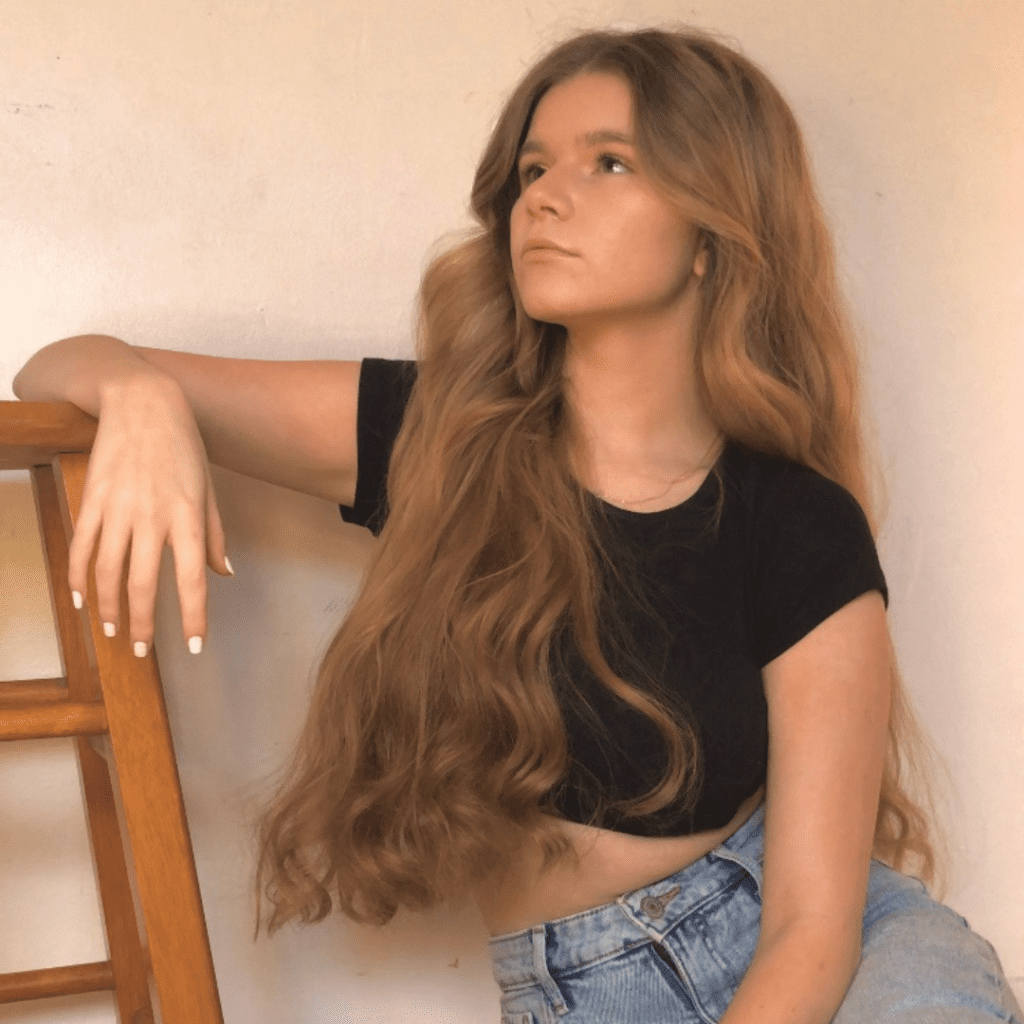Describe your life prior to diagnosis:
My life before celiac disease was dark; I was a little girl who just wanted to not feel sick all the time. I was in and out of doctor’s offices, blood work labs and hospitals, but not one answer was the correct one. I went to countless doctors and specialists, and each one told me it was a stomach bug, the flu, a virus, and even went so far to say it was all for attention and that there wasn’t anything wrong.
As a little girl, I was underweight, not growing and not happy. I truly felt like this was going to be a never-ending situation and I was never going to feel at least normal. I felt hopeless, like this was going to be the rest of my life.
How did you come to know (or suspect) that you have celiac disease?
My primary care doctor sent me to over 15 doctors and specialists. After the second-to-last doctor, my doctor knew I was tired. Not just physically tired, but mentally exhausted. I didn’t want to live my life going to countless doctors, not getting answers and not getting any better.
My primary care doctor sent me to one last doctor. I was reluctant because I thought he was going to be like the others, but I was very wrong.
If you were diagnosed, who made the diagnosis?
My gastroenterologist of 13 years made the diagnosis after an endoscopy.
Before the endoscopy, my parents and I went in for an office visit. I remember feeling reluctant and thinking it was going to be the same song and dance like the other 15, but, to my surprise, I was way off.
He was the only doctor who asked me, “What’s wrong?” He was the only doctor that spoke to me and not just to my parents. He was the only doctor that looked at me as a 7-year-old girl who had lost all hope of ever being diagnosed and said, “I don’t know what’s wrong, but I will not give up on you until I figure it out.”
He not only made me believe that this was going to come to an end, but he made me finally see the light at the end of the tunnel.
How long did it take for you to get diagnosed since your first symptoms and what (if any) challenges did you face along the way?
It took eight years for me to get diagnosed with celiac disease. I was out of school every other week due to me being sick, getting blood work, and visiting hospitals and doctor’s offices. I was underweight and had no energy to do basically anything.
Do you believe anything could have sped up your diagnosis? If so, please explain:
I think the amount of research that was out about celiac disease could’ve sped it up. When I was diagnosed in 2009, it was still considered “rare and unheard of.”
Describe your experience with living with celiac disease:
Living with celiac disease has changed my life in the most positive way possible. Celiac disease made me who I am, because I realized that I don’t let my autoimmune disease control me. Yes, I have those “flare-up” days. Yes, I have “celiac disease episodes.” But I continue to fight and raise awareness of both celiac disease and other autoimmune diseases.
I continue to struggle every day with the worry of the what-ifs. But during the past year, I realized if I am going to continue to live my life in fear of the what-ifs, then what example will that show to any other child facing the same adversity I am? I continue to show that, though I may have celiac disease, though I may have a lifelong autoimmune disease and I may not be able to participate or go to specific places, I am healthier than ever.
I stopped being ashamed of what I was given and started to embrace it because if I am able to be an inspiration to a young child who has an autoimmune disease and faces the same adversity and struggles I have and still do, then I know I am able to overcome anything.
Celiac disease used to stop me. It used to control me. But now I control celiac disease and I have turned my struggle into a strength.
What would a cure mean for you?
A cure would be the ability to have gluten, wheat, rye, barley and oats and not have the symptoms of celiac disease. I don’t see myself ever going back to a gluten-containing diet, but with cross-contact, if there is a cure that can stop a specific amount (even if it’s a little bit) of gluten from affecting my body, to make celiac disease patients feel safe, I would gladly look into it.



